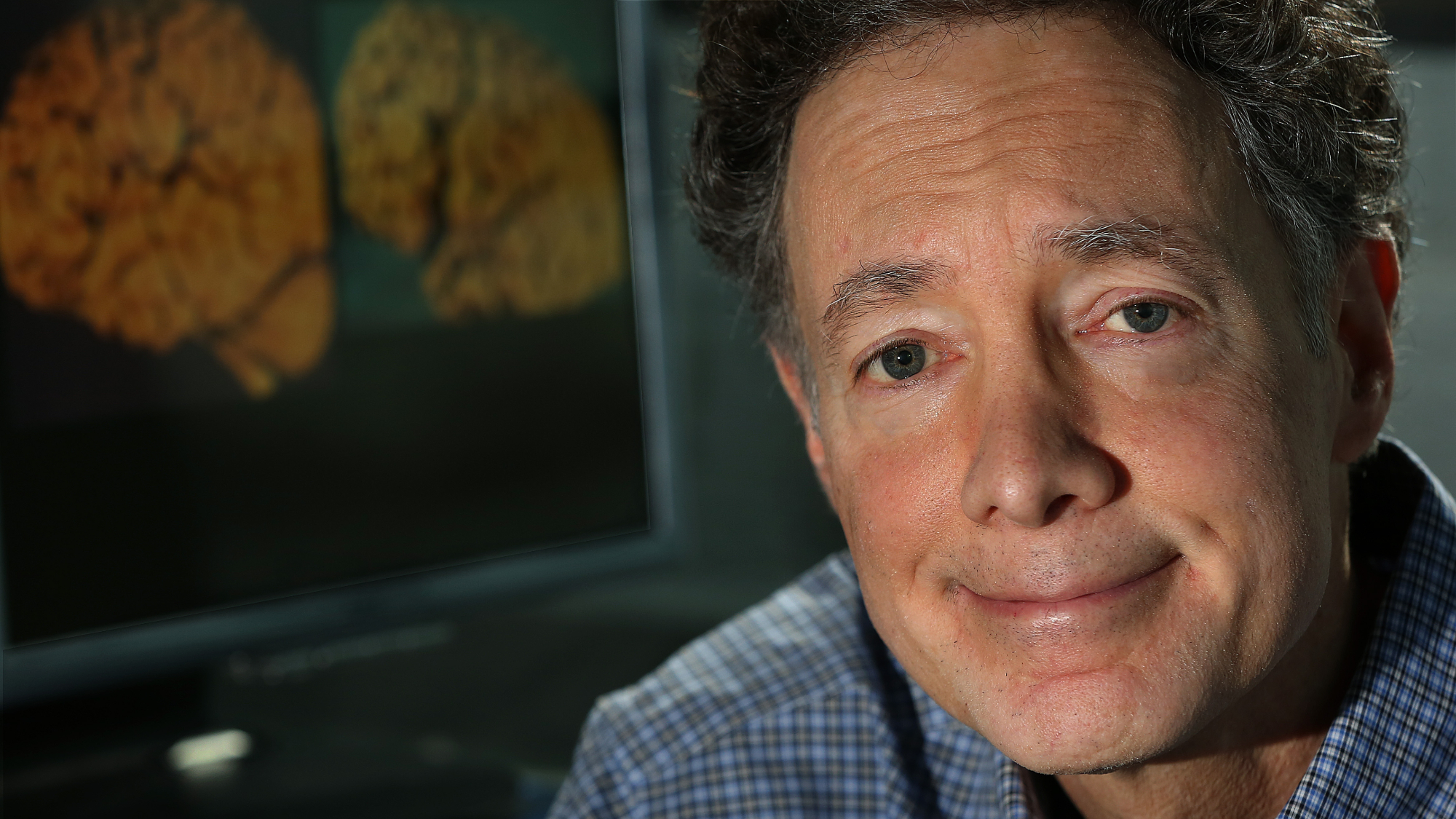Science
Lithium Study Offers New Hope for Alzheimer’s Treatment

Researchers at Harvard Medical School have revealed significant findings regarding the role of lithium in the brain, suggesting its depletion may contribute to the onset of Alzheimer’s disease. Published on October 25, 2023, in the journal Nature, this study opens avenues for potential new treatments involving small doses of lithium, a metal commonly found in various foods and drinking water.
The study’s lead, Professor Bruce Yankner, indicated that administering a small dose of lithium orotate to aging mice with memory impairments resulted in a remarkable reversal of memory capabilities to levels comparable to young adult mice. In an interview with The Washington Post, Yankner remarked, “It seems to somehow turn back the clock.” This groundbreaking research highlights lithium as the only trace metal significantly depleted in the brains of individuals experiencing early-stage memory decline, supporting earlier studies linking lithium intake to reduced dementia rates.
In the realm of neuroscience, genetics and lifestyle factors also contribute to the risk of developing Alzheimer’s. MIT neuroscientist Li-Huei Tsai acknowledged the importance of Yankner’s findings, describing them as a “very important piece of the puzzle.” The enthusiasm surrounding this research points to its potential to alter the landscape of Alzheimer’s prevention and treatment.
The implications of these findings are substantial, especially considering the affordability of lithium orotate. Matt Kaeberlein, an expert on aging biology at University of Washington, expressed optimism for future research, stating, “The obvious impact is that because lithium orotate is dirt cheap, hopefully, we will get rigorous, randomized trials testing this very, very quickly.” The research team aims to accelerate clinical trials to evaluate the efficacy of lithium in humans.
Despite the promising prospects, Yankner acknowledged challenges ahead. He pointed to the impact of the Trump administration’s freeze on federal funding to Harvard, which he claims will “significantly limit our progress going forward.” As the scientific community awaits further developments, the potential for lithium as a therapeutic agent in combating Alzheimer’s disease remains a topic of significant interest and hope.
-

 Lifestyle5 months ago
Lifestyle5 months agoLibraries Challenge Rising E-Book Costs Amid Growing Demand
-

 Sports4 months ago
Sports4 months agoTyreek Hill Responds to Tua Tagovailoa’s Comments on Team Dynamics
-

 Sports4 months ago
Sports4 months agoLiverpool Secures Agreement to Sign Young Striker Will Wright
-

 Lifestyle4 months ago
Lifestyle4 months agoSave Your Split Tomatoes: Expert Tips for Gardeners
-

 Lifestyle4 months ago
Lifestyle4 months agoPrincess Beatrice’s Daughter Athena Joins Siblings at London Parade
-

 Science4 months ago
Science4 months agoSan Francisco Hosts Unique Contest to Identify “Performative Males”
-

 World4 months ago
World4 months agoWinter Storms Lash New South Wales with Snow, Flood Risks
-

 Science5 months ago
Science5 months agoTrump Administration Moves to Repeal Key Climate Regulation
-

 Business5 months ago
Business5 months agoSoFi Technologies Shares Slip 2% Following Insider Stock Sale
-

 Science5 months ago
Science5 months agoNew Tool Reveals Link Between Horse Coat Condition and Parasites
-

 Sports5 months ago
Sports5 months agoElon Musk Sculpture Travels From Utah to Yosemite National Park
-

 Science5 months ago
Science5 months agoNew Study Confirms Humans Transported Stonehenge Bluestones









